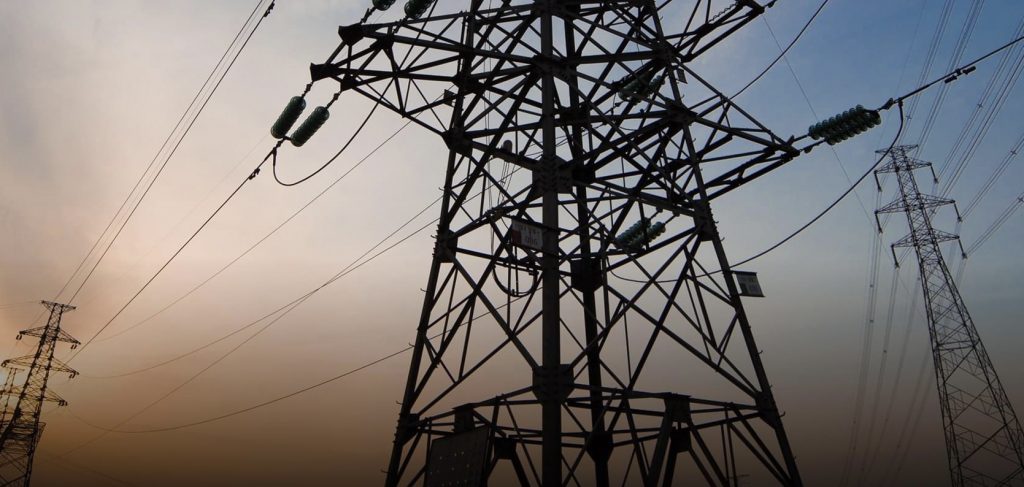Africa’s second largest copper producer Zambia, is faced with a power crisis that has triggered urgent brainstorm action by its authorities. With load management of 12 hours daily, businesses are left in limbo as to their economic survival. Head of state in the Southern African nation Hakainde Hichilema led a delegation to Maamba Collieries and Kariba plants on January 08, a day after a consultative meeting with energy stakeholders in the capital Lusaka was held. Maamba Collieries contributes 300 mega watts to the power grid and has been a critical independent power producer especially in critical times.
READ ALSO: Zambian authorities in energy poverty crisis talks to solution for 50 year power quagmire
“Today we undertook site visits to Maamba Collieries, and Kariba ZESCO power plants to fully appreciate the extent of our electricity generation capacities as a country. We began with the Maamba Power station, where we held discussions with management of the power plant to understand their maintenance schedules, which have greatly contributed to the disruptions of power generation during times when water levels are low in the Kariba Dam. We urged them to speed up the maintenance processes so that they can resume normal operations within the shortest possible time. Further, we hold the view that maintenance schedules should be planned in a manner that does not impede normal power generation on the national grid,” Hichilema carried on his social media page.

Zambia is currently undergoing energy reforms which have seemingly delayed on the back of lack of clarity on cost reflective tariff levels which has made investment into the sector unattractive. The copper producer had earlier in 2020 commissioned a cost of service study by Energy Market Consultants, a UK based firm funded by the Africa Development Bank whose results were only released in the fourth quarter of 2022. Other operational hurdles in the power sector have been payment arrears by the power utility, ZESCO, to independent power producers (IPPs) whose operational costs tend to widen as they seek other funding lines to counter working capital needs. However, there has been commitment from the state owned utility to settle outstanding payments with IPPs such as Maamba and other.
Power generation remains critical to driving Zambia’s growth engine with the largest consumers being the mines that gobble about 55% of the grid. Mining outlook remains positive as supported by a strong global decarbonization drive, however energy bottlenecks do pose a threat to attainment of the desired target. Zambia’s head of state continues to navigate potential solutions to cushion the adverse impact especially for small businesses but however has preempted more long term sustainable work arounds as opposed to populist political measures.
“In order to mitigate the impact on small businesses, we have directed ZESCO to consider splitting the 12 hours of load shedding per area into a six-hourly schedule, so that they can maintain their operations. We shall not shy away from taking responsibility where challenges are being faced, as that is key to addressing them. And in addressing these problems, we shall not take politically convenient, populist routes; our decisions shall be based on building sound foundations that will last for generations to come,” Hichilema said.
At the Kariba dam, it was obvious that systems and processes had been neglected to the point where there was no proper monitoring, evaluation, and sharing, of critical information by different stakeholders at the right time. According to various analysts this could trigger some form of consequence management.
Water management of the Kariba reservoir remains key for both Zambia and Zimbabwe managed by the Zambezi River Authority. Hichilema guided on the next steps at engaging Zimbabwean counterparts to enhance compliance levels concerning water stewardship.
Kwacha Arbitrageur

